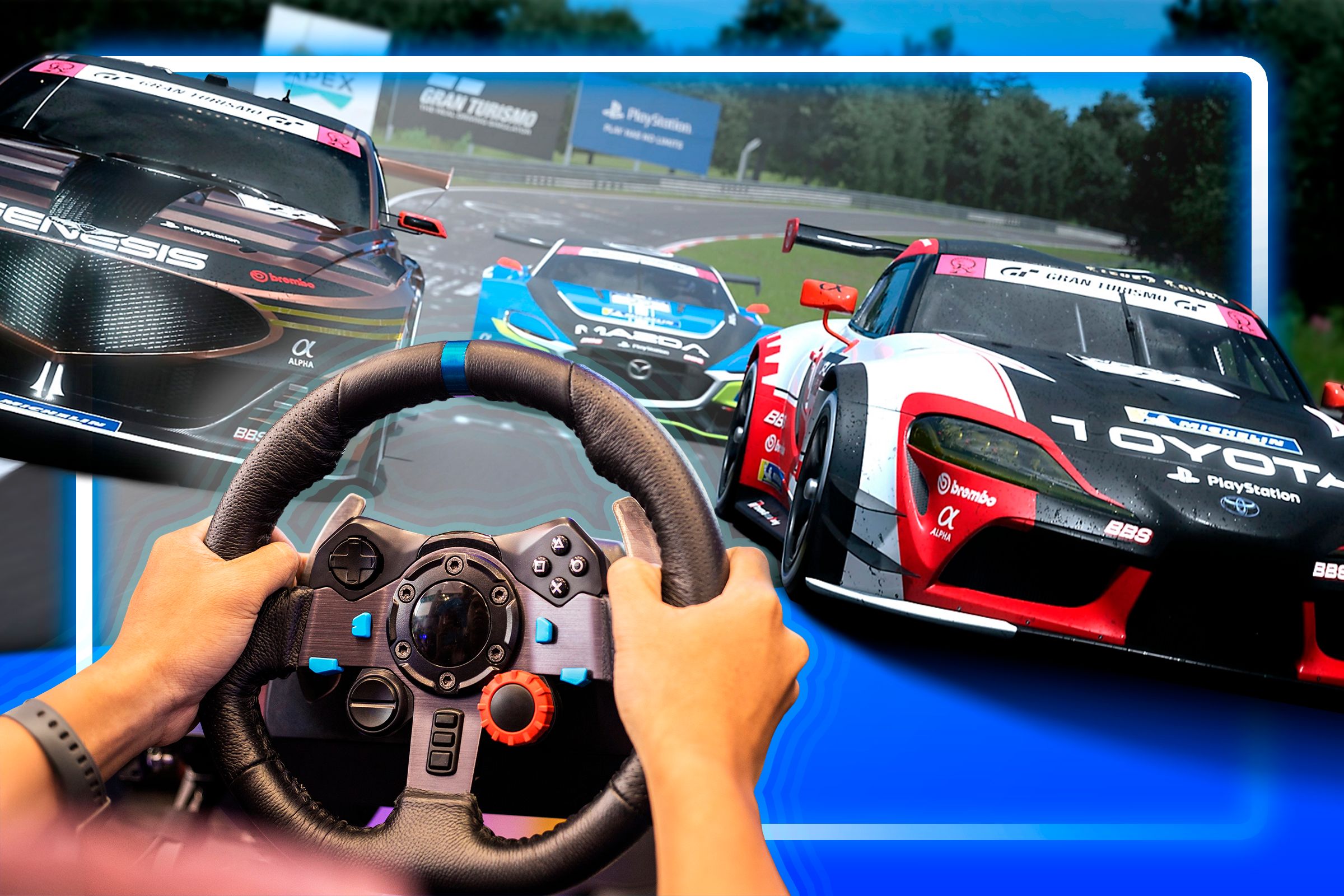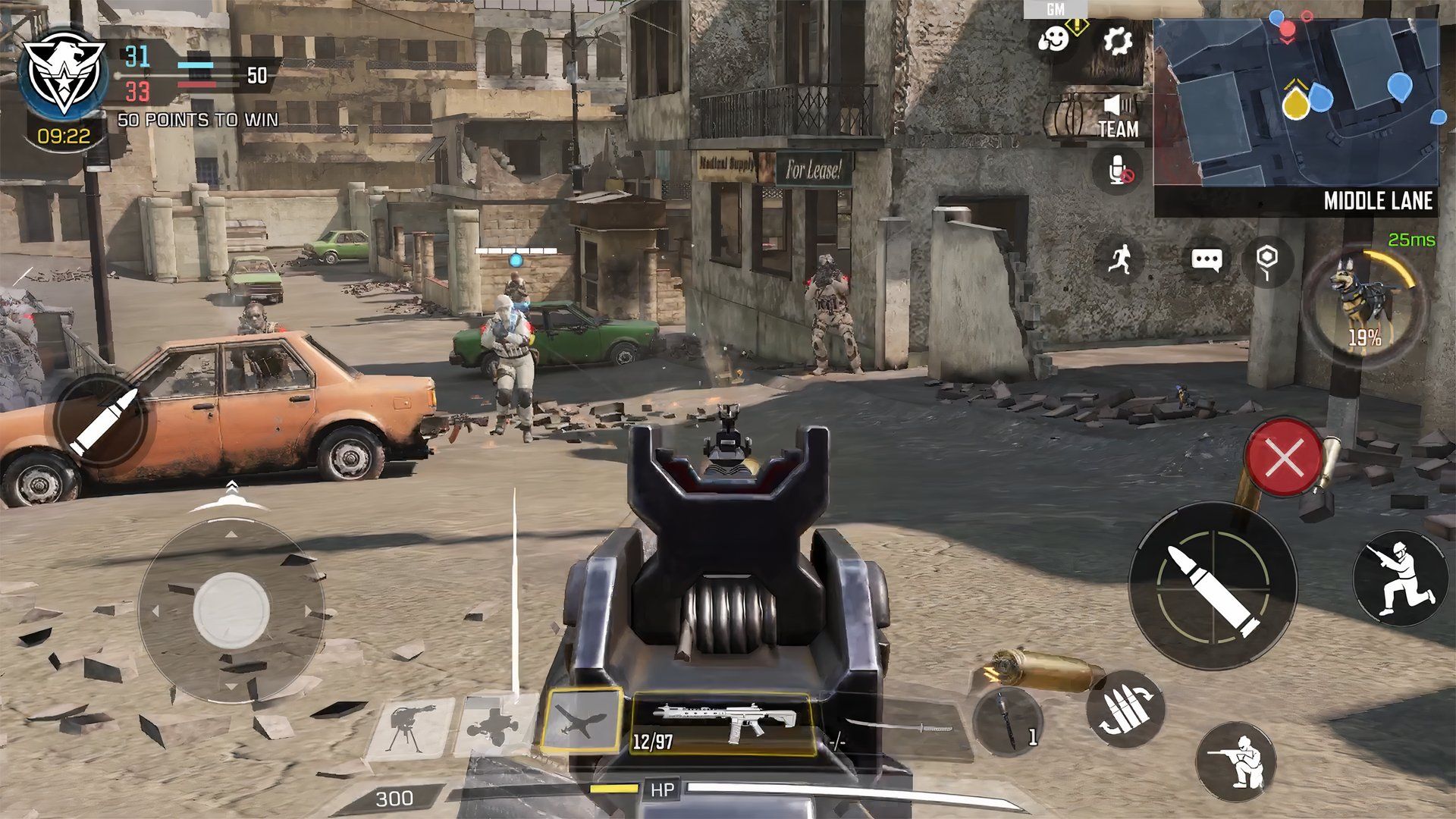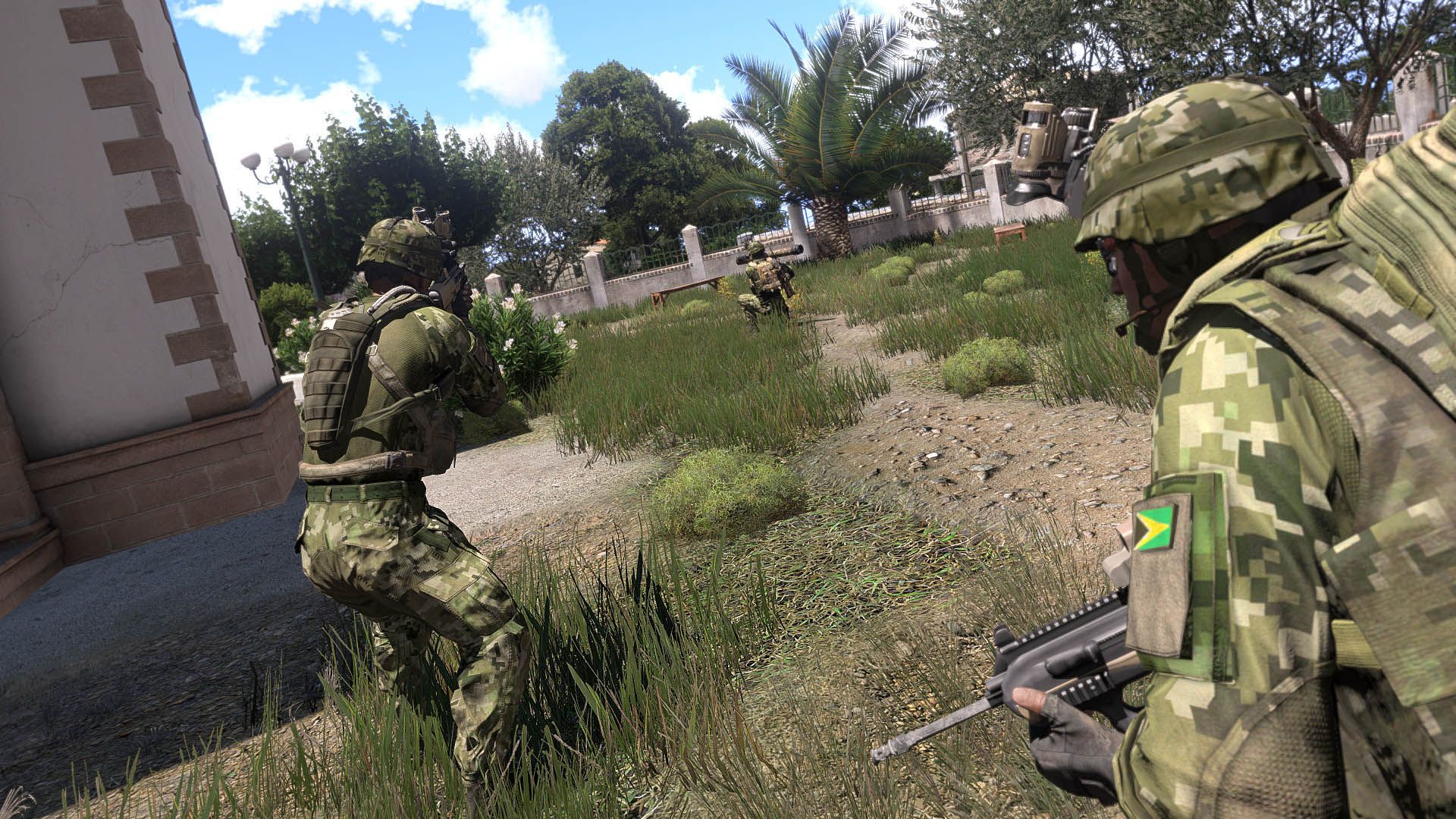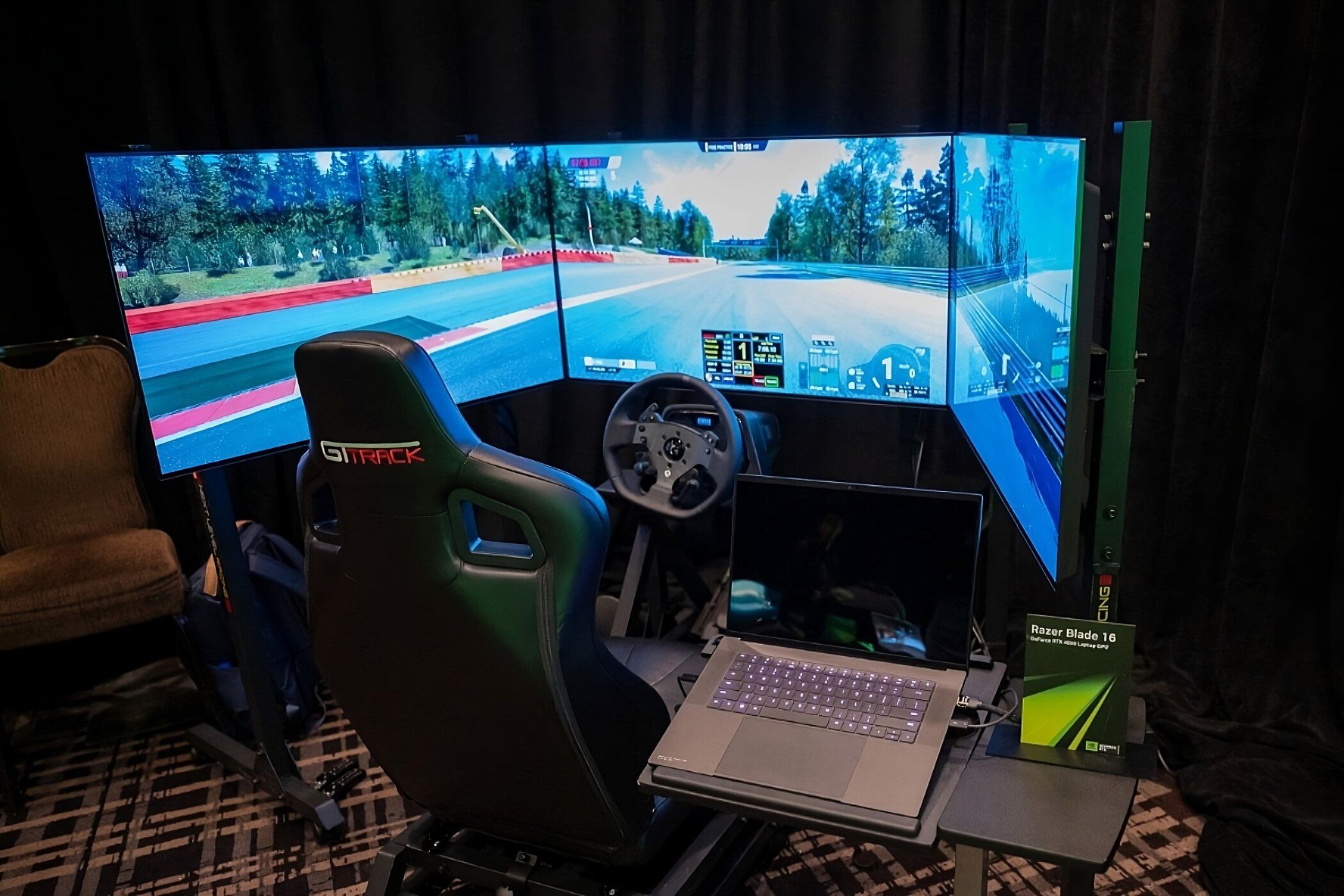Summary
- Realism in games like Call of Duty isn’t accurate but strives to be authentic to create immersion.
- Realism can be niche and not necessarily fun, as seen in ARMA’s focus on ultimate realism.
- Realism should enhance gameplay in mainstream games like Kingdom Come: Deliverance, not be tedious work.
Realism is something I’ve seen gamers wish for often. They not only want games that look realistic, but want them to behave in realistic ways. But, is that really something that makes a game better? For the most part, I don’t think so.
What You’re Actually Asking for Is Authenticity
What I think people are asking for when they say “realism” is actually “authenticity”. What’s the difference? Well, look at a game like Call of Duty: Modern Warfare and Battlefield. These games are not realistic in any sense. The bullet physics and how weapons work is completely wrong, and, of course, you can’t heal bullet wounds by crouching behind a low wall for a few seconds.
However, they strive to be authentic, and look and sound the way you expect. That doesn’t mean the portrayal looks like the real thing, but it looks the way you expect it to. The way guns sound, characters move, the environment is modeled, and other surface-level details of the game create the impression of realism, but it’s the attention to authenticity that does the trick.
Realism Is Rarely Fun
Video games are, presumably, meant to be fun and entertaining. Now, I’m not so narrow-minded that I don’t understand that people can find just about anything fun. Heck, I’ve even heard some people go and walk outside for fun. I believe its called “hiking” or something.
So yeah, there are games that have a strong focus on realism, and there are people who really enjoy them, but these games tend to be niche. Let’s take the ARMA series of games as an example.
This is a game franchise that focuses on ultimate realism. Get shot once, and you’re done. Bullet physics are close to the real world, tactics matter. You might go through an entire mission without pulling the trigger once, and then have it end in a second from a shooter you never even saw. Why? Because that’s life, and life ain’t fair. To me, that’s not necessarily fun either, but there are people who love it.

Related
Realism Only Matters in Service of Gameplay
For more mainstream games that are meant to have wider appeal, realism definitely has its place, but its use needs to be careful. In a game like Kingdom Come: Deliverance 2 you need to manage your character’s hunger and bleeding, which feels realistic, but of course, in real life he’d take weeks or months to recover from his wounds, not a few bandages and some potions.
So realistic touches like these should serve the game being good, and make the gameplay better. If you do it for the wrong reasons, then you end up giving players tedious busywork. So before you complain that something in your game isn’t realistic, think about whether making it realistic would have made the game any better.
Unless You Want a Simulator, Which Is Its Own Thing
If what you want is a proper simulator and not an actual game, there’s nothing wrong with that. Simulators have plenty of hardcore fans, and I myself dabble in racing and flight simulators.
If you want a type of game that balances simulation with fun gameplay in the most elegant way, then what you’re looking for are immersive sim games. Which, in my opinion, are some of the best video games to exist.









